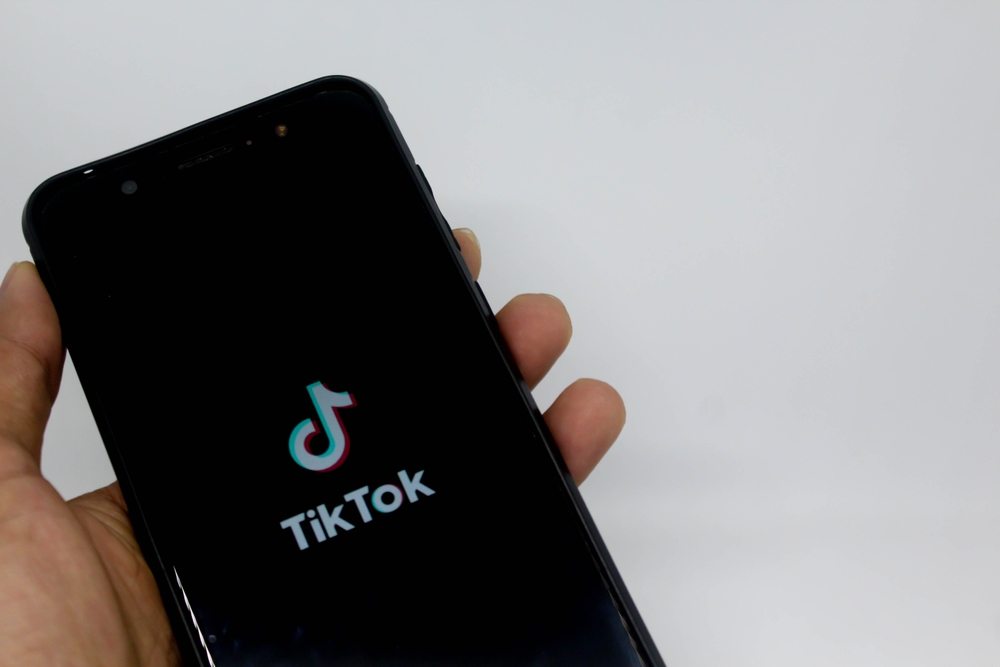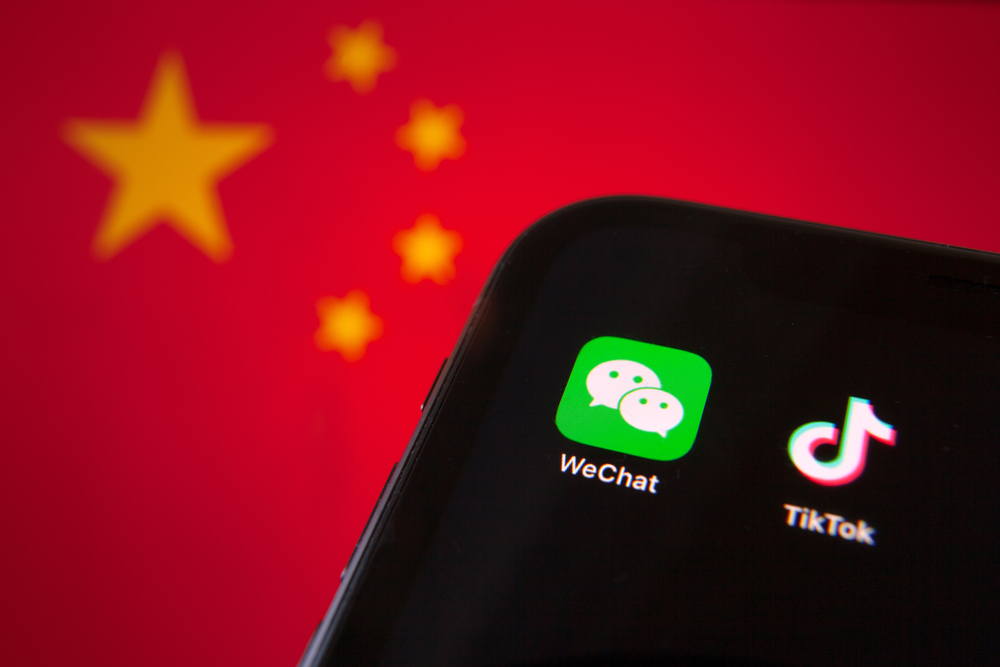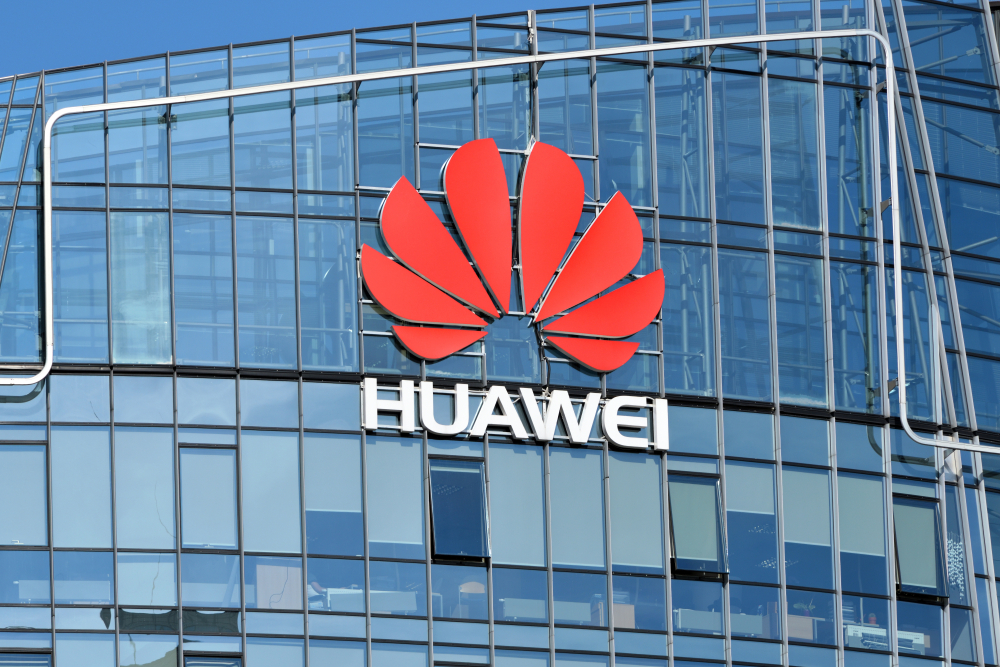Copyright © Everyday Narrative 2024. All rights reserved.
US-China tension over TikTok’s ownership and security concerns
In an era where digital platforms transcend mere social interaction, becoming significant players in the geopolitical landscape, the United States finds itself at a crossroads with the Chinese-owned app TikTok. The app, beloved by millions for its engaging content and innovative algorithm, has come under intense scrutiny from U.S. lawmakers and intelligence agencies. Concerns over national security, data privacy, and the influence of the Chinese government have culminated in the House voting in favour of banning TikTok from operating in the U.S. or forcing its sale to an American company. This decisive action reflects broader tensions between the U.S. and China in the technological domain and raises important questions about the future of digital freedom, security, and global internet governance.

The Core Concerns
National Security and Data Privacy: Central to the argument for banning TikTok is the apprehension that the Chinese government could access vast amounts of personal data collected by the app. Given the sweeping powers granted by China’s National Intelligence Law, which obliges Chinese companies to support, assist, and cooperate with state intelligence work, the fear is not unfounded. U.S. officials worry about the implications of such data exploitation, including potential espionage and manipulation.

Influence Operations: Beyond data concerns, there’s anxiety about TikTok being used as a vehicle for influence operations by the Chinese government, subtly swaying public opinion in the U.S. through curated content and algorithms.
Precedent from Other Nations: The global context adds weight to these concerns, with several countries imposing restrictions or outright bans on TikTok on government devices or entirely, citing similar fears.
The Potential Outcomes
Forced Divestment: A significant outcome could be the forced sale of TikTok’s U.S. operations to a domestic company, a move intended to sever any potential for foreign government influence.
Legal and Policy Challenges: TikTok’s response will likely involve legal challenges to any ban, alongside efforts to demonstrate its commitment to user data security and independence from Chinese government influence.
Digital and Market Dynamics: A TikTok ban would shift the digital landscape, prompting users to migrate to other platforms, potentially sparking innovation as other companies seek to fill the void left by TikTok.
International Ramifications: The U.S. decision could influence global digital policy, affecting how countries approach the regulation of foreign technology companies.
Other Apps Banned in the United States
TikTok is not the first app to face the U.S. government’s scrutiny. Over the years, concerns about national security, data privacy, and foreign influence have led to restrictions or bans on several applications and software. Here’s a list of notable examples:
WeChat: Owned by Tencent, a Chinese tech conglomerate, WeChat faced attempts at restrictions due to similar concerns plaguing TikTok, including data privacy and national security.

Kaspersky Lab Software: Russian cybersecurity firm Kaspersky Lab saw its software banned from U.S. government computers over fears of Russian espionage, a move highlighting concerns about the cybersecurity products’ origins.

Huawei and ZTE Technologies: Chinese companies Huawei and ZTE have faced significant restrictions, with their telecommunications equipment and apps banned from U.S. government use, underscoring the deep-seated fears of Chinese surveillance.

Grindr: The LGBTQ+ dating app, once owned by a Chinese company, was forced into a sale due to concerns over the potential for personal data misuse by foreign entities.

These examples reflect a broader trend of increasing vigilance and action against applications and technologies deemed a threat to national security. They illustrate the complex interplay between technology, privacy, and geopolitics in the modern world.
Looking Ahead
The U.S. decision on TikTok marks a pivotal moment in the ongoing debate over digital sovereignty, cybersecurity, and the global internet ecosystem. As technological advancements continue to outpace regulatory frameworks, nations are grappling with how to protect national security and individual privacy while maintaining the free flow of information and innovation that defines the digital age.
The TikTok saga, alongside the history of app restrictions in the U.S. underscores the need for a balanced approach that considers the multifaceted impacts of such decisions. It highlights the importance of international cooperation in establishing norms and regulations that safeguard the digital landscape without stifling its growth and dynamism.
In the end, the resolution of the TikTok issue will likely set a precedent for future engagements between the U.S. and foreign technology companies. It serves as a reminder of the challenges and responsibilities facing policymakers in an increasingly interconnected and digital world, where the actions of one nation can have far-reaching implications for the global internet community.




